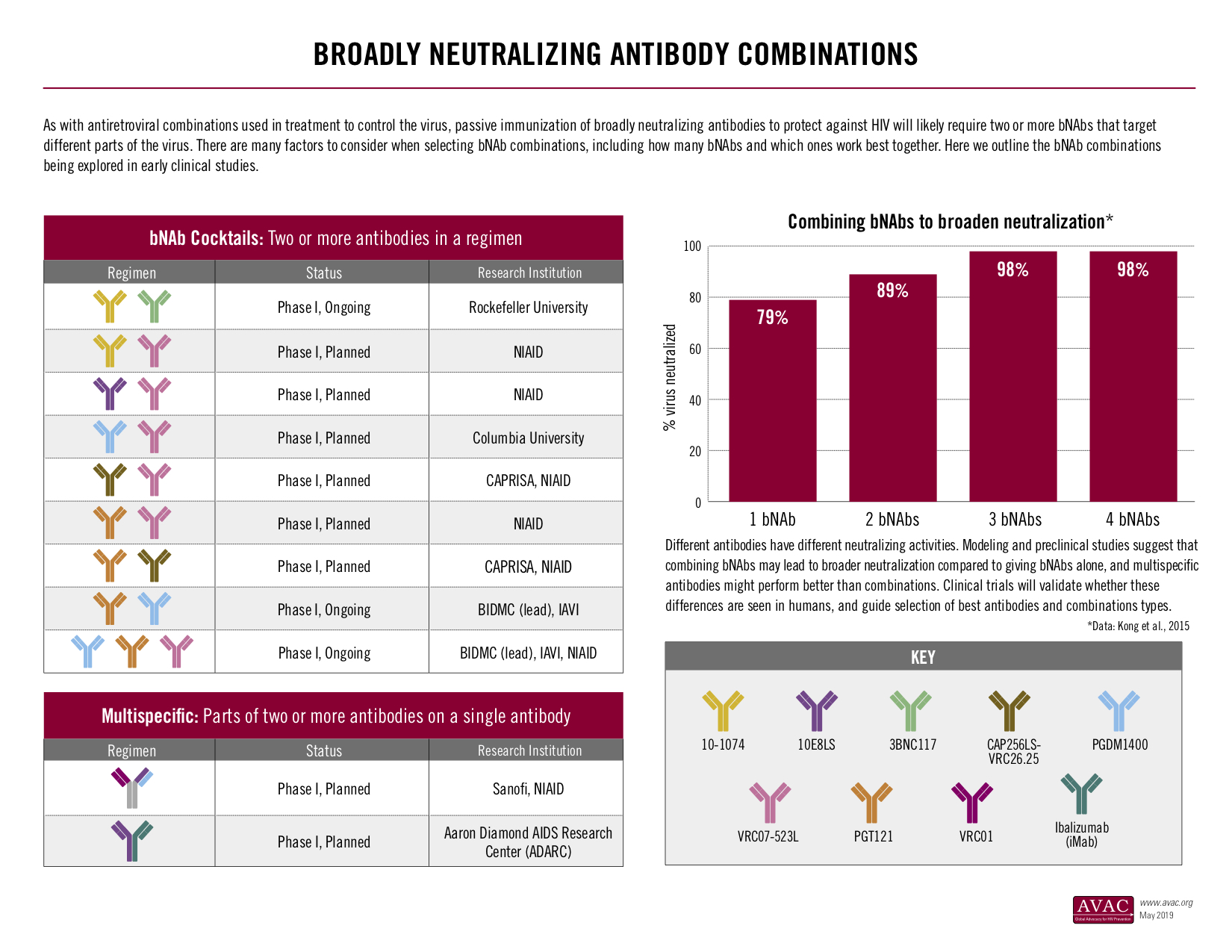Two new reports tracking resources for investment in HIV research and development are hot off the presses. The Resource Tracking for HIV Prevention R&D Working Group, a collaboration among AVAC, IAVI and UNAIDS, has launched its 15th annual report, HIV Prevention Research & Development Investments: Investing to end the epidemic, detailing overall 2018 investment and analysis of funding trends. And the Cure Resource Tracking Group, a collaboration between AVAC and the International AIDS Society, has also released its annual report, Global Investment in HIV Cure Research and Development in 2018.
These two reports represent powerful tools for advocacy. Both reports can be used to advance advocacy for a host of issues directly impacted by financial investments: the prevention crisis in the global HIV response is insurmountable without cutting-edge research and development and the scale-up of existing interventions, while cure research spearheads crucial innovation, and offers hope and inspiration to the millions affected by the epidemic.
Read on for links to downloads and key findings from each report:
- Download HIV Prevention Research & Development Investments, 2018: Investing to end the epidemic
- Download graphics from the report
- Download the press release
- Download Global Investment in HIV Cure Research and Development in 2018
Key Findings in Prevention R&D Funding
The report indicates an uptick after five consecutive years of declining investment. In 2018, funding for HIV prevention R&D increased by a modest 1.2 percent or US$13 million from the previous year, growing to US$1.14 billion. While the increase is encouraging, it’s the smallest net increase since 2003. This incremental growth impacted the various prevention categories differently. Investment increased for pre-exposure prophylaxis (PrEP), female condoms and prevention of vertical transmission (PMTCT) but decreased for voluntary medical male circumcision (VMMC), preventive vaccines, microbicides and treatment as prevention (TasP).
Despite the significant variation among these categories, donor trends remained more or less the same. Public sector (79 percent of overall or US$900 million) and philanthropic sector (14.4 percent of overall or US$164 million) investments remained mostly unchanged from 2017, while the private sector saw a 30 percent surge in investment, rising to at least 6.6 percent of overall funding or US$74.7 million in 2018. Actual commercial investment levels are higher as not all private companies responded to the Working Group’s request for data.
While US and European investment remained steady in 2018 compared to 2017, these figures are still the lowest in over a decade at US$829 million and EU$57.5 million, respectively. Outside the US, increases came from Australia, Canada, the European Commission, Germany and the UK, while declines were observed from Brazil, France and Japan. Global philanthropic levels also saw no change in 2018 and the Bill & Melinda Gates Foundation (BMGF) remained the preeminent funder in that category at US$149.7 million or 91 percent of all philanthropic sector investment.
In 2018, the US public sector and BMGF accounted for 86 percent of all funding. Citing the promise of the current R&D pipeline, the report cautions against this funding imbalance and the resulting impact on the longevity and sustainability of the field. Much hope can be drawn from the latest scientific strides: the ongoing efficacy trials for long-acting injectable PrEP and antibody mediated-prevention; the planned Phase III trial of a novel HIV vaccine regimen; and the dapivirine vaginal ring – another potential option for women. All of the above is contingent on sustainable financing and a diverse donor base that cushions against priority shifts from large donors.
Key Findings in Cure R&D Funding
The report estimates global investments in HIV cure research, which includes therapeutic HIV vaccines (for treatment) shows US$323.9 million in 2018, representing a 12 percent increase over the US$288.8 million invested in 2017. Compared to the US$88.1 million invested since tracking began in 2012, this is a 268 percent increase. The public sector accounted for the majority of funding, with the remaining US$19.7 million invested by philanthropies such as Aidsfonds, amfAR, the Bill & Melinda Gates Foundation, CANFAR, Institut Pasteur, Sidaction and Wellcome Trust.
We hope these reports will serve as tools for advocacy and inform public policy that accelerates scientific progress. We thank all of the individuals who contributed data to the report and who gave time and effort as trial participants.
If your organization is a funder or recipient of HIV prevention grants and we don’t know you already please contact us at [email protected]!
